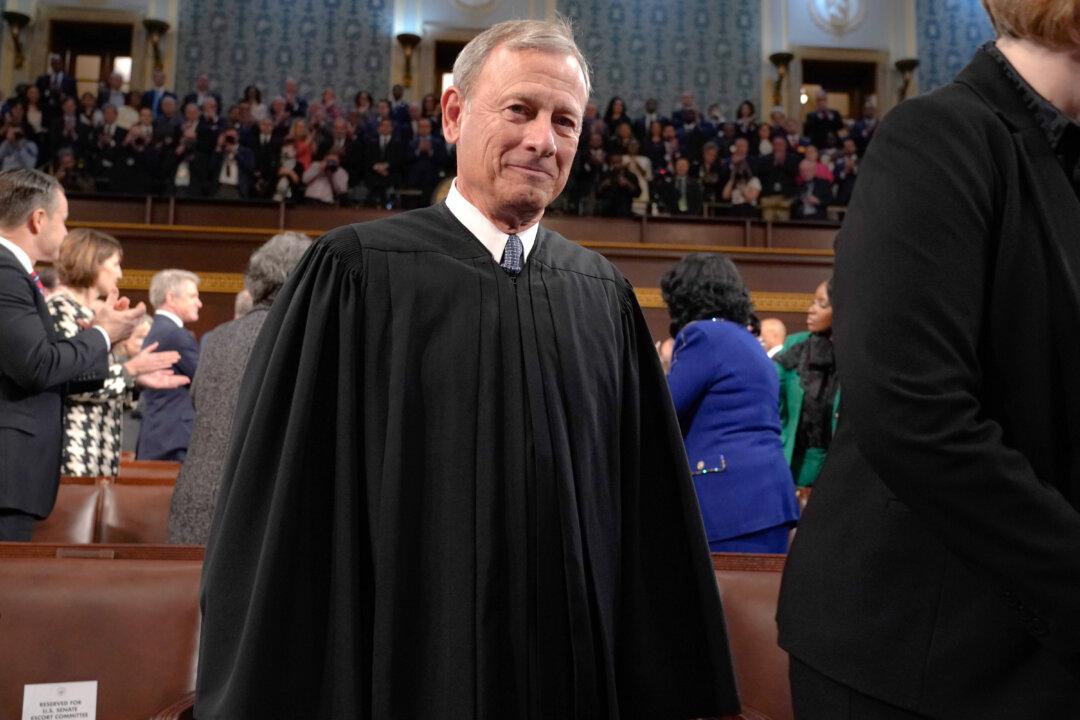The Supreme Court heard on Jan. 16 the appeal of a Texas farmer suing his state’s transportation department for damaging his family’s farm.
The case, Devillier v. Texas, arises out of a series of inverse-condemnation cases filed in Texas state courts, all of which claimed a highway project caused widespread flooding. Inverse condemnation is when a government takes or damages property for public use without going through an eminent domain proceeding.





